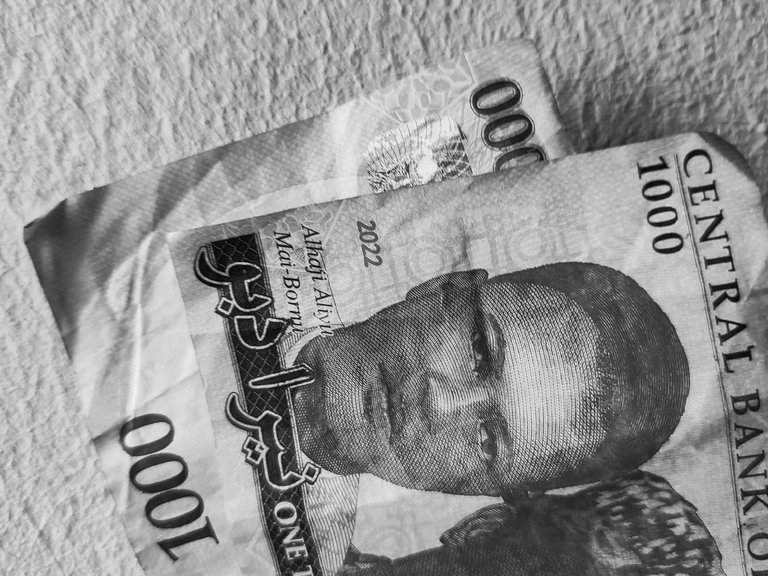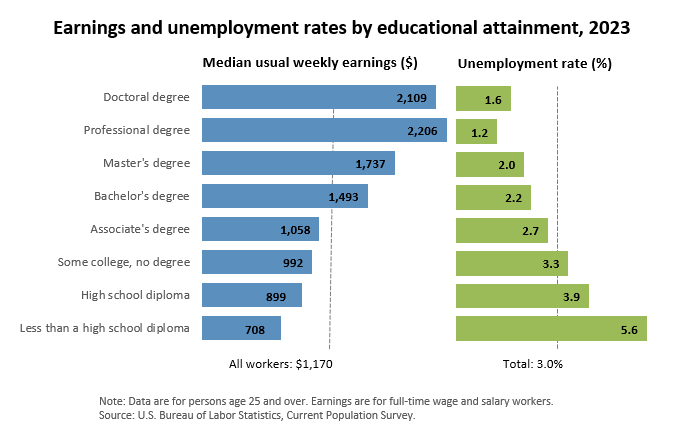Times are changing before my eyes so swiftly these days that I now understand what people much older than me used to mean when they said things like "I used to buy this very big fish for 20 naira." I would always drop my jaw in astonishment, wondering how that could have even been possible when one kilogram of fish cost twenty times the amount at that time. Well, guess what? I'm telling a similar story to my younger ones now.

When I tell little kids of today that I used to buy three eggs for 50 naira when I was their age, I would even be surprised at my own statement. One egg probably costs 250 naira now. So it makes sense for them to exclaim so much.
How did we get here, though? How did we move from spending 1000 naira in the market for food for the entire family and returning with change to spending 100,000 naira and wondering if you forgot some things in the market? I don't really know. What I know is that we all have a hand in this. Many of us selfishly overreact in every economic crisis that it greatly inconveniences the other person, and the chain continues.
And yes—most definitely—our government is not doing well by many counts, and their decisions often put us in situations to further worsen the state of the economy beyond their own damage.
When there is a slight indication of a potential problem, most people don't first think of ways to preempt and somehow save the country. They first think of themselves, then think of themselves again, then again, then perhaps people that they care about but hardly about their neighbours.
When the government declared the circulation of new notes, we didn't see the big problem that was coming. While the circulation had started, there was barely enough new notes to go around, and this put us in yet another crisis where we literally began to buy notes to use. And because people just feel like they have to turn everything to a get-rich-quick scheme, cash vendors began to charge exorbitantly, making the next cash vendors in the chain to do the same, and the entire ripple effect caused "end-spenders" to pay 500 naira to get one 1000 naira note.

A similar thing happened when the removal of fuel subsidies was declared. Everything about fuel became so expensive so quickly, with black market sellers seeing it as a gold rush for them. Where are they all today? Definitely not on the Forbes list, but they managed to make life inconvenient for many people by charging too much.
And that's part of how we contribute to the falling economy. There are many other factors, though.
Indeed, the cost of things now is way different than before, but I think it's high time we started printing higher denominations—perhaps even 10,000 naira notes as well. 1000 naira that happens to be highest at the moment can hardly be enough for a decent breakfast for the average Nigerian. So when you look at our wallets, they are usually very bulky if we're not transferring money instead.
Priting higher denominations isn't the solution to the country's falling economy, however, and neither was changing the national anthem. What would be a good start is if the government spent money on infrastructure for things like electricity and not on their selfish indulgencies.
If we're being honest, though, times are not always going to be favourable unless you make it so yourself. I am not sure if the cost of petrol per litre will ever fall back to 45 naira from about 1000 naira as it stands now, and neither do I know if 1 kg of chicken can fall from 5,000 to 900, but I think it is way worth more seeking ways to rise above the situation rather than waiting on the world to change. Or maybe even better, find ways to solve real-world problems and add value.

Monitize your content on Hive via InLeo and truly own your account. Create your free account in a few minutes here! Here's a navigation guide.
All images are mine
Posted Using InLeo Alpha
